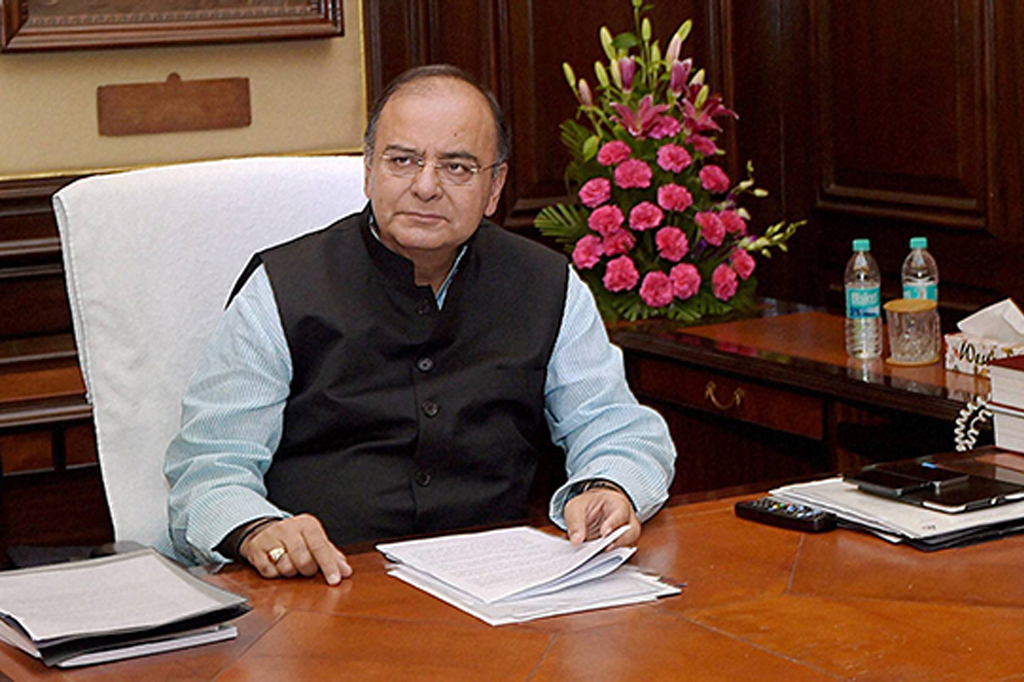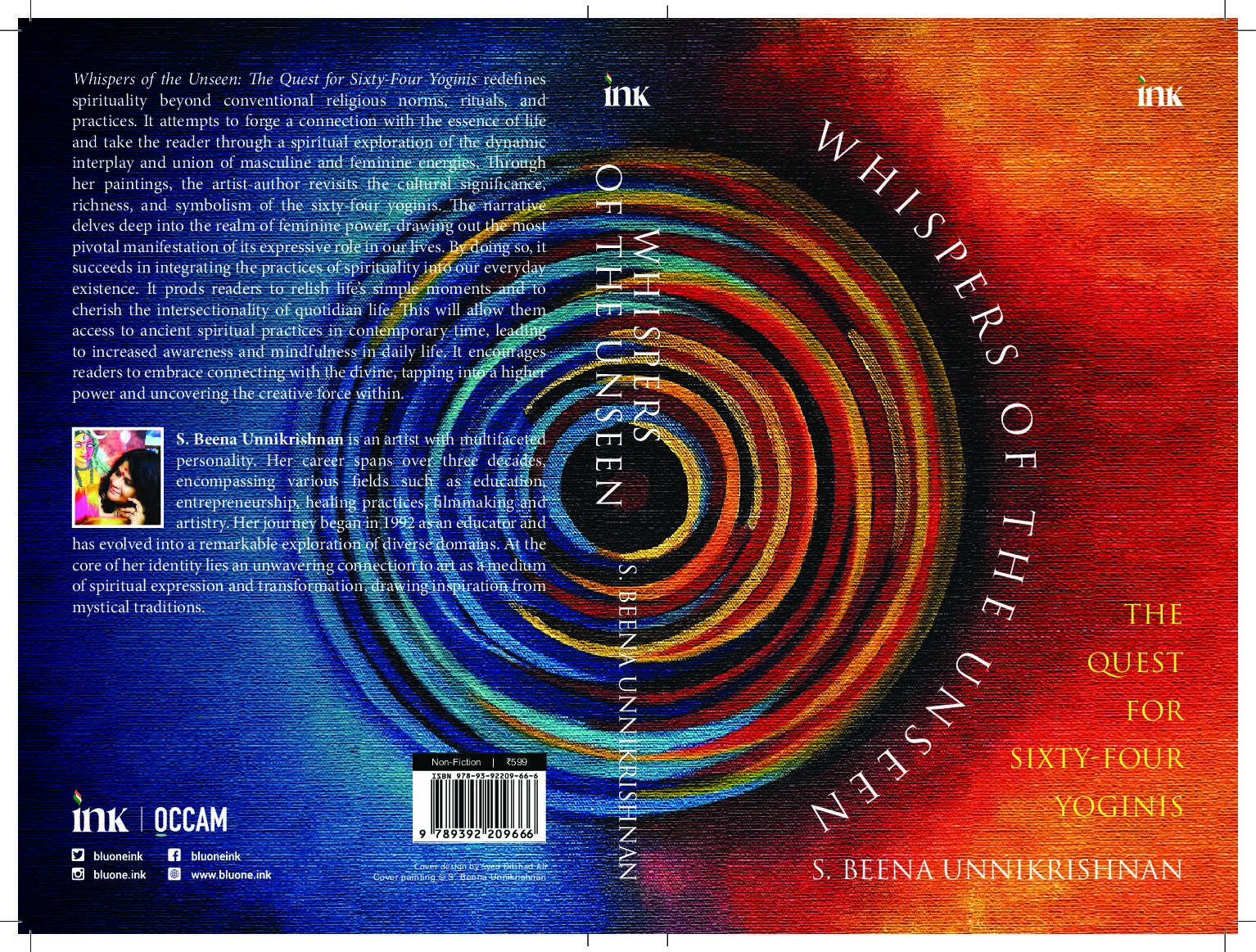Budget 2016: Unimaginative and uninspiring
Ravi Shanker Kapoor | March 8, 2016 8:08 am

There are very few surprises in Budget 2016-17, the most pleasant of them being Finance Minister Arun Jaitley’s decision to go for fiscal prudence. Other than that, there was little that could not have been done by the United Progressive Alliance government. The National Democratic Alliance government under Narendra Modi has once again proved, if any further proof was required, that it is, more or less, an extension of the UPA.
Like his counterpart in the Vajpayee regime, Yashwant Sinha, Jaitley has ensured that the concerns of the main constituency of his party, the middle class, remain unaddressed. There has been no change in the ridiculously low tax slabs, though there is some increase in the rebate for those living in rented accommodations. Then retirement funds will also be taxed—something that will not please any salaried person. Easting out will be costlier, as will be jewelry, branded garments, and other middle indulgences. The Bharatiya Janata Party is the only party in the world that refuses to do anything for its main constituents.
Apart from the political folly, there are inadequacies that may have adverse fiscal and economic ramifications. At the heart of the problem is the Modi regime’s blind acceptance of the economic philosophy of the Left. This is also evident from the increased burden on the rich and the policies and programmes that have been announced to revive the farm sector. Instead of coming up with liberalizing steps for the sector, emphasis seems to have been laid on statist measures.
This is not to say that there should be no public expenditure for agriculture or that no important announcements were made in the Budget. Jaitley did promise major initiatives for the sector. So, 28.5 lakh hectares will be brought under irrigation under Pradhan Mantri Krishi Sinchai Yojana. As many as 89 irrigation projects, with an expenditure of Rs 86,500 crore in next five years, will be fast-tracked. A dedicated long-term irrigation fund will be created in NABARD with a corpus of Rs 20,000 crore. Sustainable ground water management, at a cost of Rs 6,000 crore, has been proposed.
There is also a proposal for five lakh farm ponds and dug-wells in rain-fed areas and 10 lakh compost pits for production of organic manure. Another one pertains to a unified agricultural marketing e-platform. Further, Food Corporation of India will go online for the procurement of food grains. For better rural roads, Rs 27,000 crore has been earmarked, including states’ share, on Pradhan Mantri Gram Sadak Yojana or PMGSY in 2016-17.
All these things sound very good, but all finance ministers have made similar promises—to little avail. One can only hope that the recent move would bear fruit and double farmers’ income by 2022 which the government has promised.
But the pace of reforms in the farm sector is tardy. As Jaitley said in his Budget speech, “Amendments to the APMC [Agricultural Produce Market Committee] Acts of the states are a prerequisite to join this e-platform. I am happy to inform [the House] that 12 states have already amended their APMC Acts and are ready to come on board. More states are expected to join this platform in the coming year.”
That will be very good, if and when it happens, for APMC Acts are a drag that deprive farmers decent, remunerative price, even as consumers end up paying more. Middlemen fatten because of this socialist measure. The Modi government should have worked ardently for drastic modifications in, if not annulment of, APMC Acts; however, it appears to be afraid of reforms and content with the present incremental change.
Worse, the Modi regime has a penchant for UPA ideas, one of them being Aadhar. While the efficacy of Aadhar is not dubitable—it has helped in the better targeting of subsidies—what is problematic is the government’s obsession with the policy framework whose tool it is. It is the old the policy framework, welfarism, that Modi has wholeheartedly embraced. Internalized along with is a paternalistic attitude towards the people of India. So, the Finance Minister said, “We believe in the principle that money with the government belongs to the people and we have the sacred responsibility to spend it prudently and wisely for the welfare of our people, especially the poor and the downtrodden.”
Notice “we” and “people.” We have the money, and we will spend it for “our people.” And, of course, we will spend it “prudently and wisely,” for only we can do that. This is the phraseology of dirigisme.
And dirigisme is unimaginative. Unsurprisingly, Jaitley wants to generate jobs by, among other things, incentivizing employers. So, the government has pledged to pay the Employee Pension Scheme contribution of 8.33 per cent for all new employees enrolling in the EPFO for the first three years of employment. This will be applicable to the employees with salaries below Rs 15,000 per month. Then there is some tinkering with Section 80 JJAA of the Income Tax Act for the same purpose.
All these steps can make some difference but not much, for the basic problems of the economy pertain to archaic labor legislation, the lack of money for investment, subdued domestic demand, and falling exports. Owing to rigid labor laws, employers have started preferring capital-intensive technologies and contract labor. Budget 2016 doesn’t even talk about labor reforms.
Further, there is little money as banks, especially state-run lenders, are suffering because of huge bad debts. Now the way out is privatization of public sector banks. For the taxpayer and economy should be penalized for the sins of incompetent bankers, their meddlesome political masters, and crooked businessmen. This is the only real solution to the banks’ problem—a solution that Jaitley is unwilling to look at. He goes for the easy solution—recapitalization worth Rs 25,000 crore—even though it is just a fraction of what is required.
On the whole, Budget 2016 is lackluster and uninspiring. What the economy needed was a big dose of reforms; Jaitley has offered Leftwing rhetoric instead.































